Search
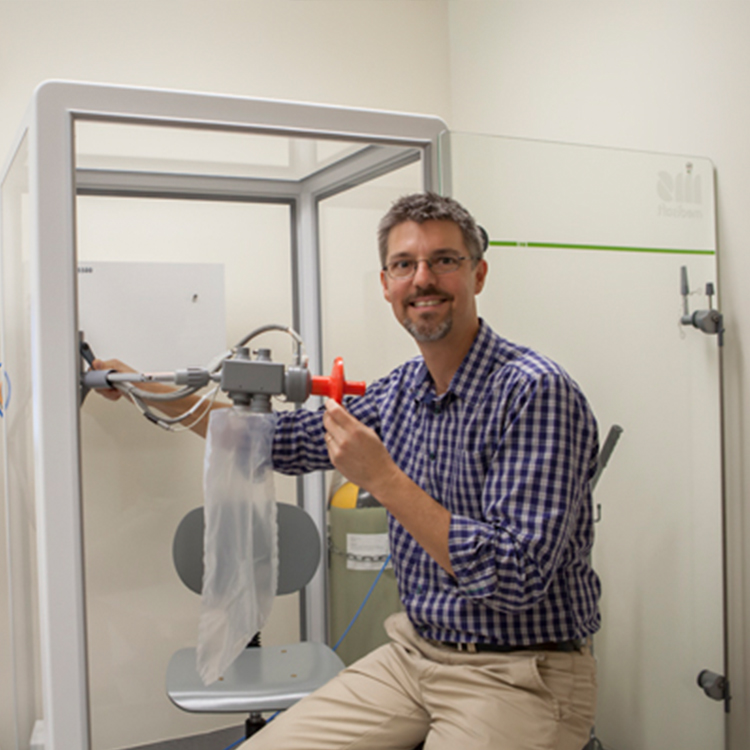
News & Events
Global push to eliminate confusion on lung function testsA global research network has taken another step towards standardising the way doctors interpret commonly used lung function tests.
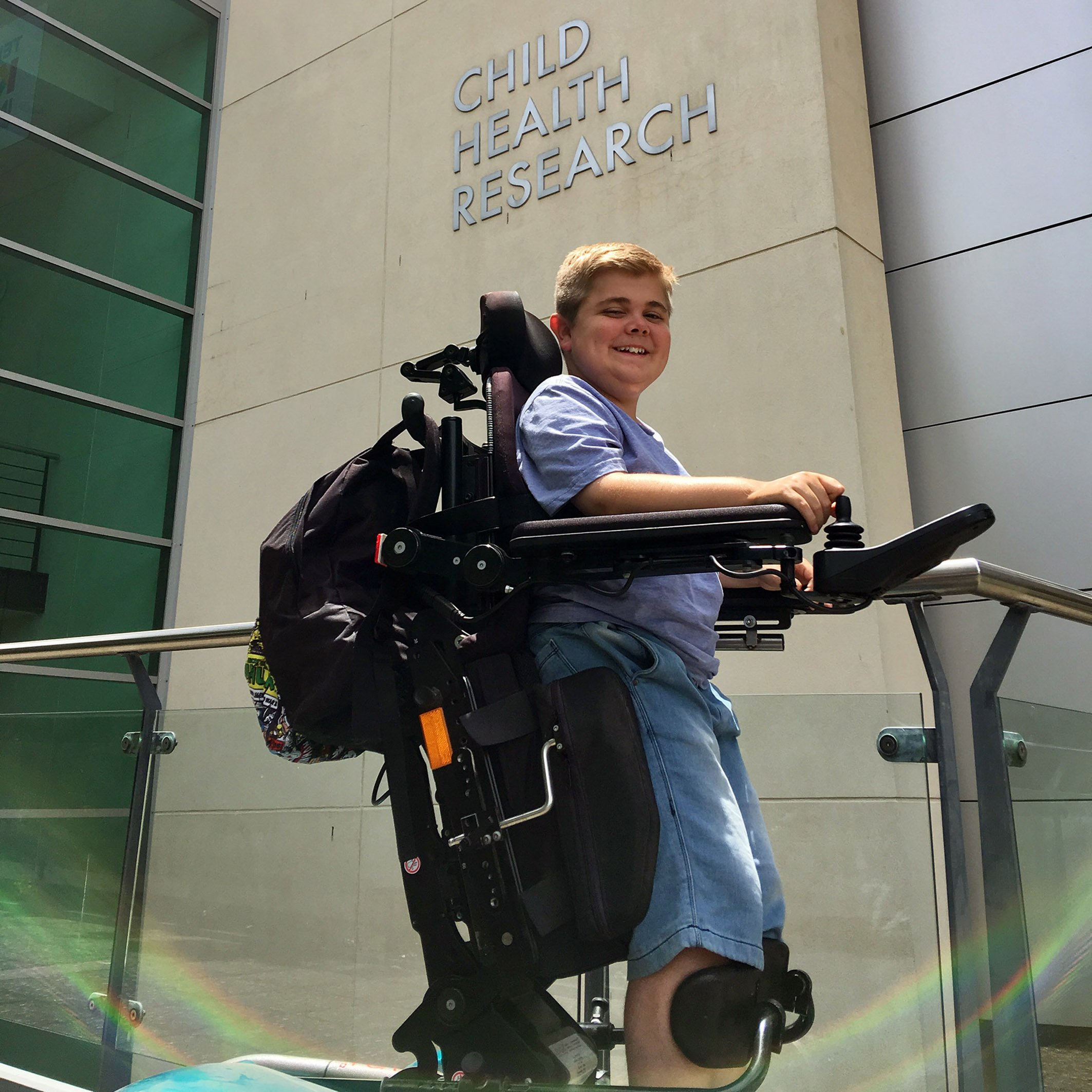
News & Events
Funding to support research into the impact of standing wheelchairsThe Kids researchers are investigating the physical and psychological impacts of powered standing wheelchairs for boys suffering from Duchenne

News & Events
Research suggests strong connection to culture can help protect Aboriginal and Torres Strait Islander children from institutional sexual abuseA new report that suggests strong connection to culture can help protect Aboriginal & Torres Strait Islander children from sexual abuse in institutions.
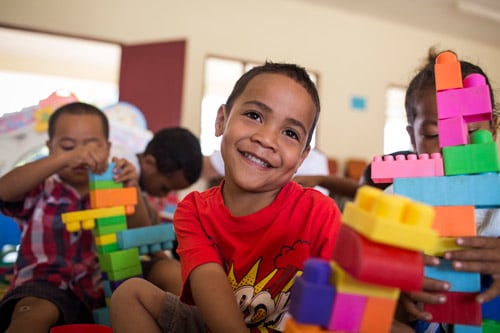
News & Events
Playgroup program transforms early learning in TongaIn Australia, community playgroups are seen as the ‘soft touch’. But a research project in Tonga is finding the benefits can last a lifetime.
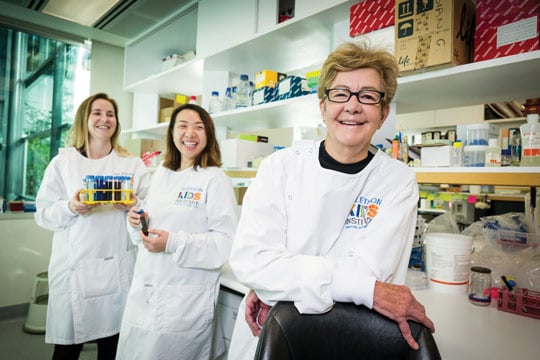
News & Events
UV and Vitamin DResearchers at The Kids Research Institute Australia are continuing to hone in on the effects of ultraviolet radiation and vitamin D on the immune system.
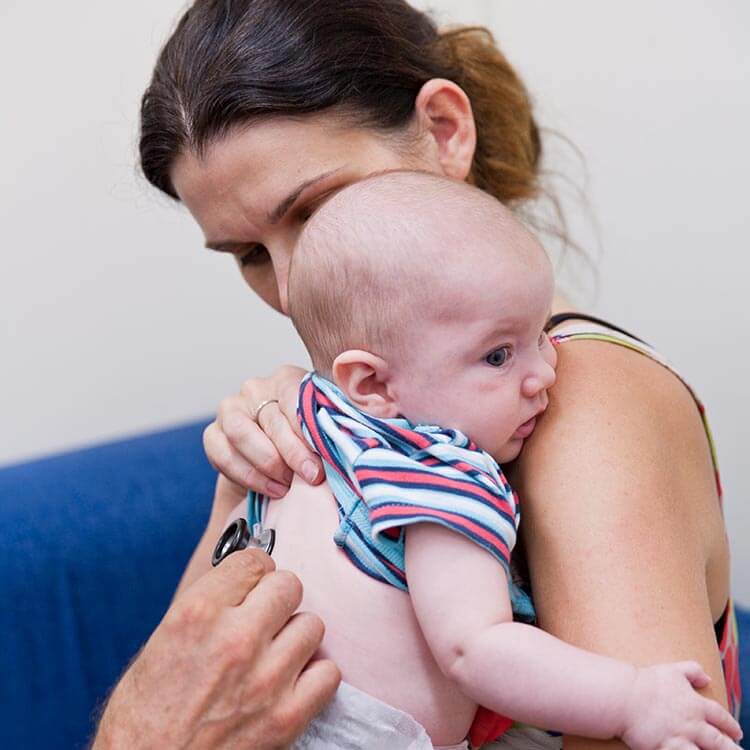
News & Events
Trial determines safest airway device for babies in surgeryA groundbreaking WA trial, published in The Lancet, has determined that a laryngeal mask for babies is preferred over endotracheal tube during minor surgeries

News & Events
$1 million funding boost to help Aboriginal kids with skin infectionsThanks to a $1 million funding grant, Dr Asha Bowen from The Kids Research Institute Australia is on track to change Aboriginal children's skin infection statistics.
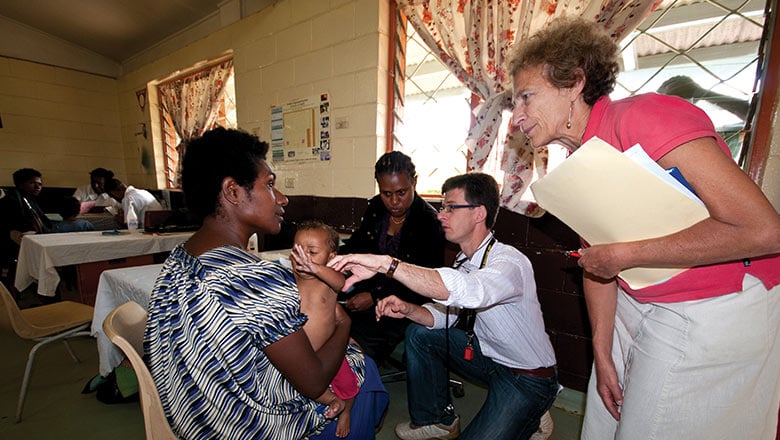
News & Events
Collaborating to prevent killer diseases in PNGFor more than a decade, The Kids Research Institute Australia and Papua New Guinea Institute of Medical Research have been fighting against killer infectious diseases.
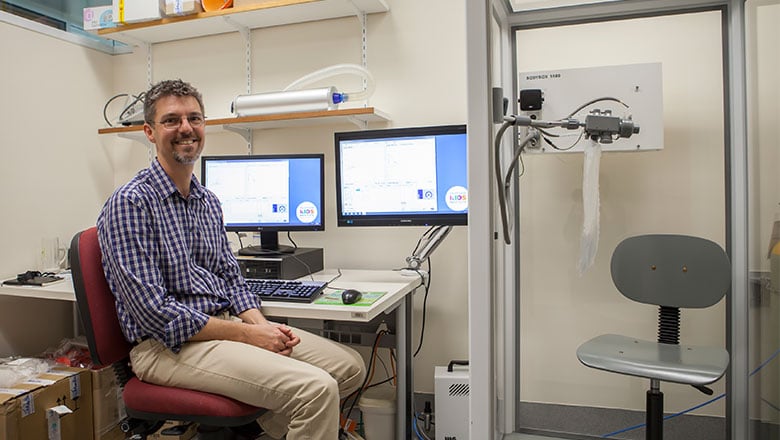
News & Events
Making the right decision on air travelProfessor Graham Hall is looking at the effect of air travel on premature babies, with his research already contributing to international guidelines.
We have recently developed recommendations to support clinical practice for gastro-intestinal disorders including growth and scoliosis in Rett syndrome.
